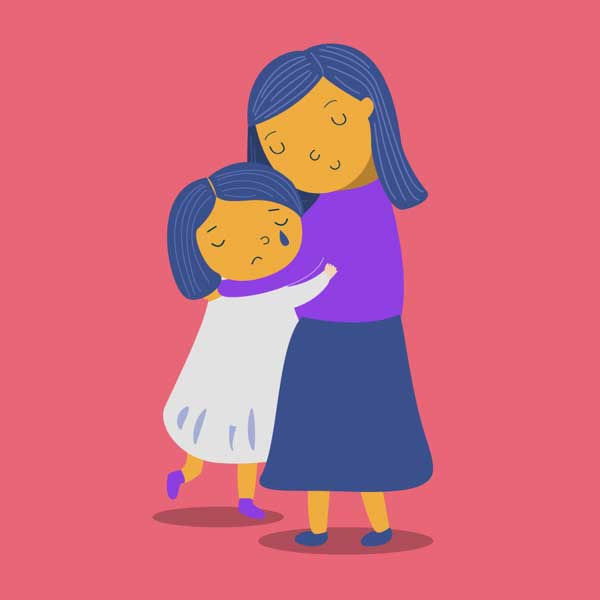Caring for a Child With Eczema
Reviewed by: HU Medical Review Board | Last reviewed: June 2022 | Last updated: June 2022
Parenting a child with atopic dermatitis (eczema) has challenges. Eczema can reduce a child’s quality of life because of itchiness, sleep problems, and the resulting emotional toll. But it is not only the child who is affected.1
Parents and family members of a child with eczema also deal with emotional and physical effects of the condition. From sleep loss to depression, eczema can lead to more than just itchy skin.1
Knowing these impacts and how they can affect your whole family, and learning some tips for coping, can help you and your family better manage your child’s condition.
What financial impact does eczema have?
While there is no cure for eczema, treatments can help relieve the symptoms. However, these treatments can be costly and often are not covered by insurance.2
One 2021 study showed that about 4 in 10 families with a child who has atopic dermatitis spend over $1,000 out of pocket to treat it every year. This cost is now likely much higher.2
Also, eczema can cause missed work and school days, leading to lost income and advancement. For these reasons, the financial impact of parenting a child with eczema can be significant.2,3
How is mental health impacted?
Parenting a child with eczema can affect your mental health. Mothers of children with eczema are more likely to have depression, see mental health providers, and take antidepressants.3
How is sleep affected?
Families with a child who has eczema lose about 2 hours of sleep per night. Sleep loss can affect many aspects of your life, including your:1,3,4
- Emotional state
- Thinking and processing
- Ability to concentrate and focus
And parents are not the only ones losing sleep. In one study, more than 6 of 10 siblings of children with atopic dermatitis reported losing sleep over their sibling’s condition.3
How does eczema add stress?
The uncertainty of parenting a child with eczema can be stressful. Parents may have many questions and feel nervous about some decisions they have to make. These might include:1,3
- Should you breastfeed your child?
- What is the risk of food allergy?
- When should you introduce solid foods?
- What skincare routine is best for your child?
- Do you need to talk to your child’s school about their condition?
There are no one-size-fits-all answers to these questions. Talk to your child’s healthcare team about the concerns or questions you have. They can help ease some of the stress of parenting a child with eczema.
What advice do we have to cope?
If you are a parent or loved one of a child with eczema, here are some tips for coping with the condition:1
Talk to your child’s doctor. There are many different treatments available, and the right one for your child will depend on the severity of their condition. Your relationship with the doctor is the most important factor in sticking with a treatment routine.
Connect with others. Look for support groups or online forums where you can connect with other parents dealing with similar challenges. It can be helpful to share information and advice with others who understand what you are going through.
Help your child to understand their condition and how to manage it. Eczema can be a lifelong condition, but there are things you and your child can do to help lessen the symptoms.
Be patient and understanding with your child. Eczema can be very itchy and uncomfortable, leading to a lot of scratching. This can make the skin raw and sore, which can be painful. Try to help your child resist the urge to scratch and be understanding when they do scratch.
Keep your child’s skin moisturized. This will help lessen the dryness and itchiness that are common symptoms of eczema.
Take time for yourself. Lean on the support from your family or friends. Continue to do the things that make you happy. If you are struggling to cope or have lost interest in things you once loved, seek help. Your mental health is important.
